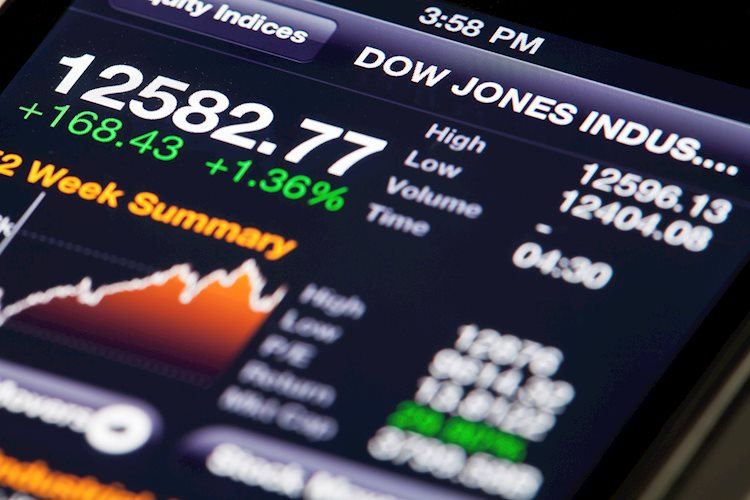Renowned investor Warren Buffett seeks out companies with a strong “economic moat,” a term he coined to describe a nearly unassailable competitive advantage. Essentially, having a moat around your business provides protection from competition, allowing it to maintain leadership and grow its market share.
One of the major holdings in Buffett’s Berkshire Hathaway (NYSE:BRK.A) (NYSE:BRK.B) portfolio is Moody’s (NYSE:MCO), which unsurprisingly possesses a wide moat. Let’s explore its advantages and why it is well-positioned to maintain them.
An unbreachable moat
Moody’s boasts an almost impenetrable moat, being one of just three major credit-rating agencies in the country. Alongside S&P Global (NYSE:SPGI), these two companies dominate the market with an 82% share, while Fitch Ratings holds a distant third with 13%. The stringent regulatory requirements and the need for a credible reputation result in high barriers to entry for potential competitors.
These factors cement Moody’s as a dominant force in the industry, making it challenging for any other company to challenge its position.
A long-term winner
Moody’s has delivered strong results over the years. Over the last decade, its average annual return has been 16.6%, outpacing the S&P 500’s 9.5% return. Moreover, since its IPO in 2000, Moody’s has achieved an annualized return of 13.2%, surpassing the S&P 500’s 7.8% return over the same period.
Despite experiencing fluctuations in earnings and revenue due to changes in debt issuance, Moody’s Analytics, which provides data and analytics to corporations and institutional investors, continues to generate steady revenue. This division has actually outperformed the credit-ratings business in recent years.
Ultimately, Moody’s is well-positioned for long-term success, as evidenced by its performance over the years.
